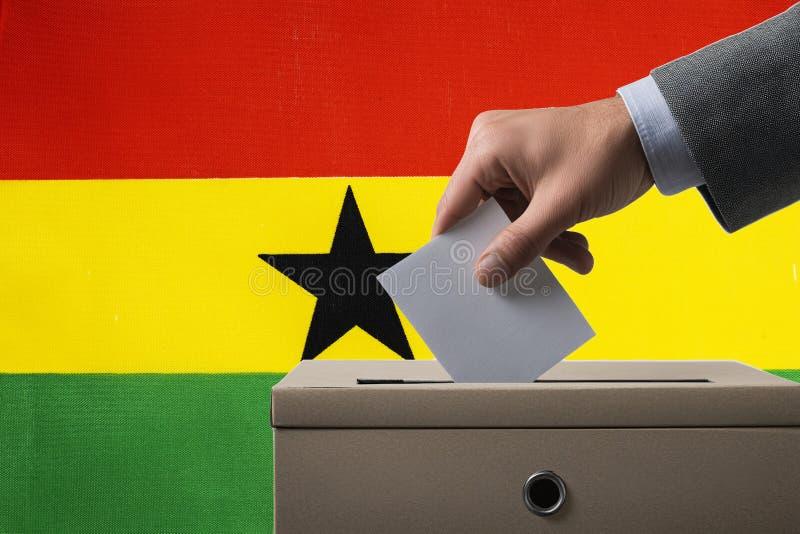Ghana’s Political Landscape: Unveiling the Battles Behind the Ballot Boxes
Table of Contents
Ghana’s political landscape is a vibrant and dynamic tapestry woven with a rich history, diverse ideologies, and intense electoral battles. At the heart of this tapestry lies the enduring rivalry between the two dominant political parties: the new Patriotic Party (NPP) and the National Democratic Congress (NDC). This article delves into the complex world of Ghanaian politics,uncovering the fierce battles and strategies that shape the nation’s electoral landscape.
Historical roots
Ghana’s political journey began with independence from British colonial rule in 1957. The nation’s first president,Kwame Nkrumah,played a pivotal role in shaping the country’s political identity and establishing a one-party state. After a period of military rule,Ghana transitioned to a multi-party democracy in 1992.
The Two Dominant Parties
The NPP and NDC emerged as the dominant forces in Ghanaian politics after the transition to democracy. The NPP is generally associated with center-right policies,emphasizing economic liberalism and private sector development. The NDC, on the other hand, leans toward center-left ideologies, focusing on social justice, equality, and state intervention in the economy.
New Patriotic Party (NPP): Founded in 1992, the NPP is known for its commitment to free-market capitalism, fiscal discipline, and reducing government involvement in the economy. It draws support from urban areas, business communities, and professionals.
National Democratic Congress (NDC): Established in 1992, the NDC espouses social democratic principles, advocating for social welfare programs, education, and healthcare. It enjoys strong support in rural areas, among the working class, and minority ethnic groups.
Electoral Battles
Ghana’s electoral battles are fiercely contested, with each party utilizing a range of strategies to secure victory. The campaigns are often characterized by intense rallies, passionate speeches, and a battle of promises to win the hearts and minds of voters.
2016 Election Highlights:
| Candidate | Party | Votes Received |
|—|—|—|
| Nana Akufo-Addo | NPP | 53.85% |
| John Mahama | NDC | 44.40% |
Election Challenges and Controversies
Like any democracy, Ghana’s political landscape is not without its challenges and controversies. Allegations of corruption, voter suppression, and electoral irregularities have occasionally marred the electoral process.
Corruption: Corruption remains a significant concern in Ghana’s political system. Both the NPP and NDC have faced allegations of bribery,nepotism,and misappropriation of public funds.
Voter Suppression: There have been instances of alleged voter intimidation and suppression, notably in opposition strongholds. Autonomous electoral observers play a crucial role in monitoring the fairness of the elections.
Electoral Irregularities: Occasional reports of electoral irregularities, such as ballot stuffing or manipulation of results, have surfaced. The Electoral Commission of Ghana is responsible for ensuring the integrity of the electoral process.
Benefits of a Competitive Political Landscape
Despite the challenges, a competitive political landscape offers several benefits to Ghana’s democracy:
Political Stability: The presence of multiple strong political parties fosters political stability by providing alternatives to the ruling government.This encourages accountability and responsiveness to the needs of the electorate.
Economic Growth: A competitive political surroundings promotes economic development by providing incentives for parties to adopt policies that enhance the economy and attract investment.
Social Justice: The presence of parties with diverse ideologies ensures that the interests of different segments of society are represented and considered in policymaking.
Conclusion
Ghana’s political landscape is a dynamic and intricate world, where fierce battles play out at the ballot boxes. The rivalry between the NPP and NDC has shaped the nation’s electoral history and continues to influence the political discourse. While challenges and controversies exist, the competitive political landscape fosters stability, economic growth, and social justice in Ghana’s democracy. As the nation navigates the complexities of its political journey,the battles behind the ballot boxes will undoubtedly continue to shape its future.

